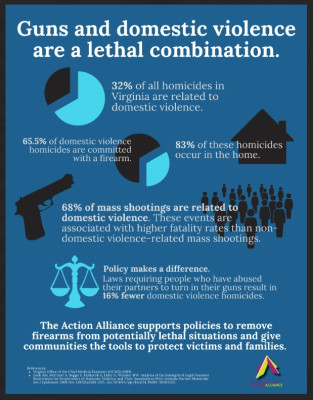Start a Search:
Author: Action Alliance
Framing the Issues: Looking at the Opioid Epidemic in the Context of Trauma and Domestic Violence
This timely and important webinar produced by National Resource Center to Enhance Safety of Native Women and their Children will provide an overview of what is known about the opioid epidemic and will focus on the specific concerns of Indian communities and tribal domestic violence programs and shelters. It will lay the foundation for the exploding opioid epidemic and will examine the intersections between trauma, domestic violence and the opioid epidemic and explore innovative approaches to addressing these complex issues.
Click here to view the webinar.
From Hurt to Hope: A Child Sexual Abuse/Assault Advocacy Guide
From Hurt to Hope: A Child Sexual Abuse/Assault Advocacy Guide: A guide from WCSAP (Washington Coalition of Sexual Assault Programs) that provides foundational knowledge of best practices for advocates working with youth and their caregivers. The guide includes an overview of Child sexual Abuse/assault, general advocacy, medical advocacy, legal advocacy, system's coordination, information and referral, and crisis intervention.
Futures Without Violence
For more than 30 years, FUTURES has been providing groundbreaking programs, policies, and campaigns that empower individuals and organizations working to end violence against women and children around the world.
Gender-Integrated Shelters: Experience and Advice

With the Violence Against Women Act’s new nondiscrimination provisions, more and more domestic violence shelters are considering expanding to serve all genders of survivors. Some shelters have housed male, transgender, and non-binary residents alongside non-trans women for years. How have they fared? What barriers did they have to overcome? What advice do they have for other shelters considering gender integration? This unique publication, published by FORGE, presents the results of in-depth interviews with 20 gender-integrated shelters, providing a thought-provoking roadmap for shelters wanting to serve all those in need.
Guns and Domestic Violence are a lethal combination - Infographic

The Action Alliance supports policies to remove firearms from potentially lethal situations and give law enforcement officers, prosecutors, and courts tools to effectively enforce measures to protect victims, their families, and the broader community. This infographic highlights some of the ways that firearm-based violence and domestic violence intersect featuring statistical data from multiple resources.

